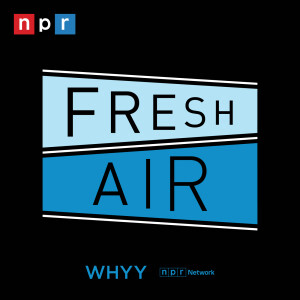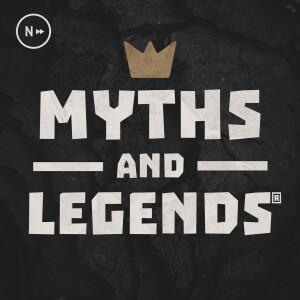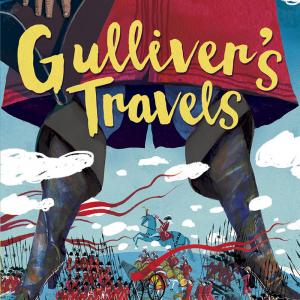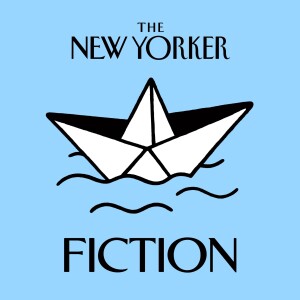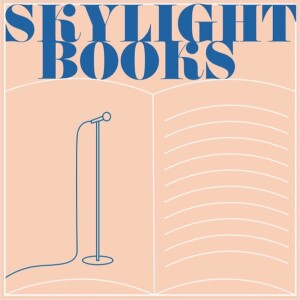

Shadowbahn (Blue Rider Press)
In Granta Jonathan Lethem called Steve Erickson’s forthcoming novel Shadowbahn "Jaw-dropping … Erickson weaves a playlist for the dying American century with his usual lucid-dreaming prose. I've read every novel he's ever written and I'll still never know how he does it: A tour-de-forcer's tour de force." A prescient book about a divided USA, Shadowbahn is a winding and reckless ride through intersections of danger, destiny, and the conjoined halves of a ruptured nation.
The sleep of reason produces monsters, said Goya—including monsters of architecture and history that meet, most uneasily, in the pages of Erickson's latest. It's a startling scenario, a kind of deus ex machina at the beginning instead of the end of a story: What would happen if, two decades after their collapse, the twin towers of the World Trade Center were to loom up in the South Dakota Badlands? Well, it being America, they turn into a tourist attraction made all the more alluring by the fact that there's a presence up on the top floors of the southern building—a presence that just happens to be the revenant brother of another American icon. It would be a spoiler to get too much into specifics of that fellow's identity and why on earth he happens to be inhabiting a building he never lived to see, but suffice it to say that with this book, perhaps his oddest yet, Erickson stakes a claim to be one of the most centrifugal writers at work today. Even then, he works his magic mostly by conjuring sci-fi-ish plotlines and then having characters move across them in more or less realistic ways: youngsters on their way to visit family on the coast are pulled down a dusty rabbit hole into a place that requires conversations on Adlai Stevenson, Elvis, the old folk song "Shenandoah," Dealey Plaza, Churchill, Wounded Knee, RFK ("Was his big brother being metaphorical now? Ironic? Literary?"), and the whole swirl, for better and worse, of American history. Whatever is normal is upended, but it's all oddly believable. Throughout, Erickson, a master of the mot juste, writes with archly elegant lyricism: "He heads toward a west that is the dreamer's true north, where the desert comes looking for us and curls at the door, a wild animal made of our ashes…." Think Philip K. Dick on smoother acid and with a more up-to-date soundtrack, and you've got something of this eminently strange, thoroughly excellent book.
Praise for Shadowbahn
“A great, great, great, great novel. I could say more -- about its big-world heartedness and old-world shadowness, about twins and towers, brothers and sisters, road trips and all the borders we design and transgress, and of course Erickson’s beautiful heart-bit music -- but it would still add up to the same thing: great. Sung, of course.”–Mark Z. Danielewski, author of The Familiar
“Steve Erickson is one of America’s greatest living novelists. He is always inventive, always engaging, always surprising. In Shadowbahn, Erickson combines the social novel, the science fiction novel, the pop music essay, the comedic set piece, and the family novel into a wild, idiosyncratic tour de force.”–Dana Spiotta
“Not sure whether Steve Erickson's off-kilter whoppers have gotten more plausible or the country gets more and more unhinged. He and his book's bewitching nouns, from the Badlands to "La Bamba," are good company either way.”–Sarah Vowell
“Shadowbahn maps out an American counter-history where events that have touched all Americans, and people from all over the world, are given new shape and speak in new voices. As both a revisioning of a national story and a family drama, the book has a simultaneous weight and lightness, an older person’s high seriousness and the ability of younger people to see right through it.”--Greil Marcus
Steve Erickson is the author of nine other novels, including Zeroville, which James Franco has adapted for film, Our Ecstatic Days, and These Dreams of You and two nonfiction books that have been published in ten languages. His work has appeared in numerous periodicals, such as Esquire, Rolling Stone, Smithsonian, American Prospect, and Los Angeles, for which he writes regularly about film, music, and television. Erickson is the recipient of a Guggenheim Fellowship, the American Academy of Arts and Letters Award in Literature, and the Lannan Lifetime Achievement Award. Currently he teaches at the University of California, Riverside.
More Episodes
All Episodes>>Create Your Podcast In Minutes
- Full-featured podcast site
- Unlimited storage and bandwidth
- Comprehensive podcast stats
- Distribute to Apple Podcasts, Spotify, and more
- Make money with your podcast



